
TAMEST 2026 Annual Conference speakers and sessions explored real-world, scalable climate solutions and collaborative problem-solving for sustainability in medicine, engineering, science and technology. Learn more about the 2026 annual conference speakers below.
2026 Annual Conference Speakers

David Allen, Ph.D. (NAE)
Professor and Norbert Dittrich-Welch Chair in Chemical Engineering
Co-Director, Center for Energy and Environmental Systems Analyses
The University of Texas at Austin
David Allen, Ph.D., is the Norbert Dittrich-Welch Chair in Chemical Engineering and the Co-Director of the Center for Energy and Environmental Systems Analyses at The University of Texas at Austin. His research addresses the chemistry and engineering associated with managing air quality, and for the last 15 years he has focused primarily on improving the understanding of greenhouse gas emissions from energy systems. He directs the State of Texas Air Quality Research Program. In 2017, he was elected to the National Academy of Engineering. In 2020, his work on methane emissions from oil and gas supply chains was recognized with the ENI Energy Transition Award. He has served on a variety of governmental advisory panels and from 2012 to 2015 chaired the U.S. Environmental Protection Agency’s Science Advisory Board. He has won teaching awards at The University of Texas and UCLA and the Lewis Award in Chemical Engineering Education from the American Institute of Chemical Engineers.

Andrew S. Bowman, D.V.M., Ph.D.
Professor, College of Veterinary Medicine
The Ohio State University
As an expert in viral infectious diseases, veterinary public health and epidemiology, Andrew S. Bowman, Ph.D., oversees a research team that focuses on zoonotic infectious diseases. He leads applied field research projects investigating the epidemiology of influenza in animal populations and transmission across the animal-human interface. Some of his team’s most recent work has investigated highly pathogenic avian influenza H5N1 in cattle. Before his return to academia, Dr. Bowman was a practicing veterinarian focused on food animal production.
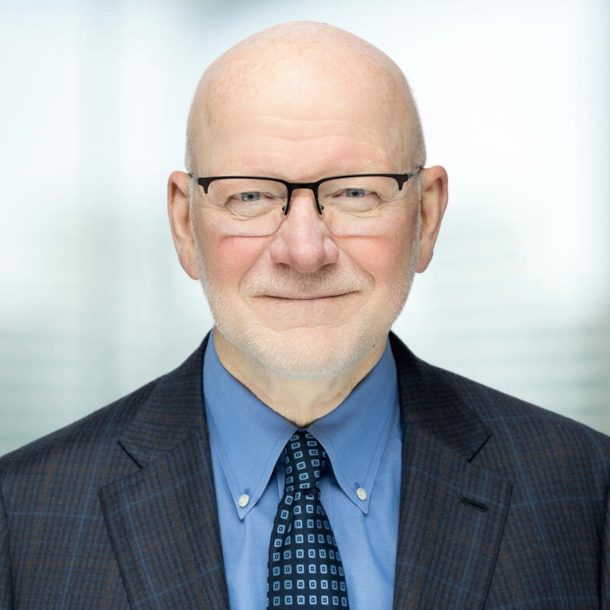
Christopher Elias, M.D. (NAM)
President, Global Development
Gates Foundation
Christopher J. Elias, M.D., serves as President of the Global Development Division at the Gates Foundation, where he leads efforts to strengthen the systems that make health care accessible, equitable and effective. He oversees the foundation’s program strategies in Polio Eradication, Immunization, Global Health Agencies and Funds, Emergency Response and the Exemplars in Global Health & Primary Health Care Center of Excellence. Across these areas, his focus is on partnership and system-level innovation—helping countries and global partners design lasting solutions that improve health outcomes for all.
Before joining the Gates Foundation in 2012, Chris was president and CEO of PATH, an international nonprofit organization that works to advance global health through partnership, innovation and evidence-driven approaches.
Chris holds an M.D. from Creighton University, where he later received an honorary degree, and an M.P.H. from the University of Washington, where he was a fellow in the Robert Wood Johnson Clinical Scholars Program. He completed his residency in internal medicine at the University of California, San Francisco, and also holds an honorary degree from the University of Pittsburgh. He is a member of the National Academies of Medicine.
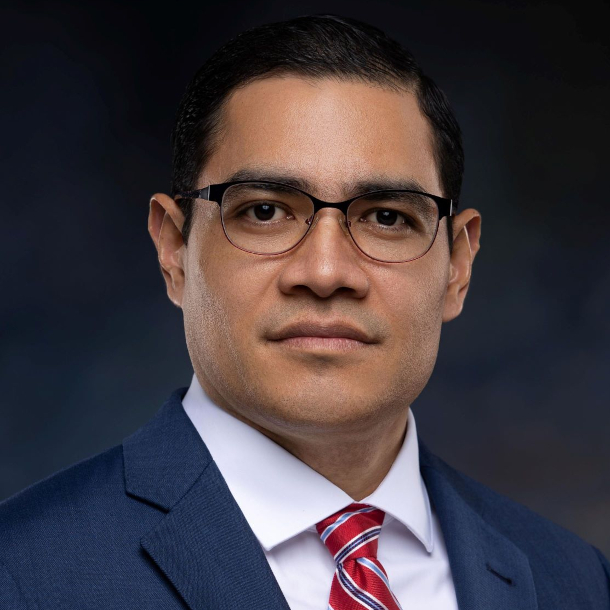
Marvin A. González-Quiroz, M.D., Ph.D.
Assistant Professor
Department of Environmental and Occupational Health
The Kate Marmion School of Public Health
The University of Texas at San Antonio
Marvin A. González-Quiroz, M.D., Ph.D., is an Assistant Professor in the Department of Environmental and Occupational Health at the UT San Antonio School of Public Health. A physician specialized in Occupational Health and Epidemiology, he earned his Ph.D. in Nephroepidemiology from the London School of Hygiene & Tropical Medicine and completed postdoctoral training at UCL. He co-founded and co-chairs the Consortium for the Epidemic of Nephropathy in Central America and Mexico (CENCAM) and is an active member of international nephrology and occupational health societies. Dr. González-Quiroz has published over 40 papers on environmental and occupational exposures, heat, dehydration and chronic kidney disease. He has led a community-based cohort in Nicaragua on CKDu and currently serves as co-principal investigator of the NIH-funded CURE consortium investigating CKDu causes and progression in Central America and India.
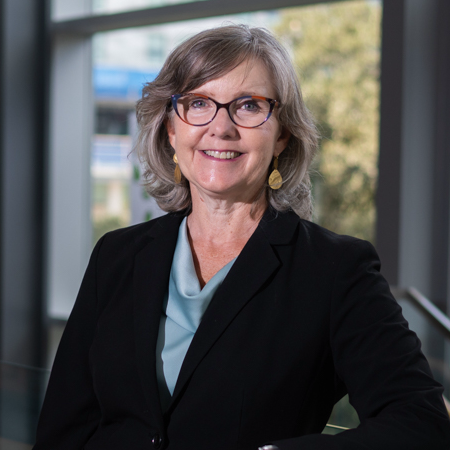
Elizabeth Matsui, M.D.
Professor of Population Health and Pediatrics
Associate Dean for Faculty Academic Affairs
Director, Center for Health and Environment: Education and Research
Dell Medical School
The University of Texas at Austin

Marcia McNutt, Ph.D. (NAE, NAS)
President
National Academy of Sciences
Dr. McNutt received a B.A. in physics from Colorado College and her Ph.D. in Earth sciences at the Scripps Institution of Oceanography. She is a fellow of the American Geophysical Union, Geological Society of America, the American Association for the Advancement of Science and the International Association of Geodesy. Dr. McNutt is a member of the National Academy of Engineering, the American Philosophical Society and the American Academy of Arts and Sciences, a Foreign Member of the Royal Society, UK, the Russian Academy of Sciences, and the Chinese Academy of Sciences, and a Foreign Fellow of the Indian National Science Academy. In 1998, Dr. McNutt was awarded the AGU’s Macelwane Medal for research accomplishments by a young scientist, and she received the Maurice Ewing Medal in 2007 for her contributions to deep-sea exploration.
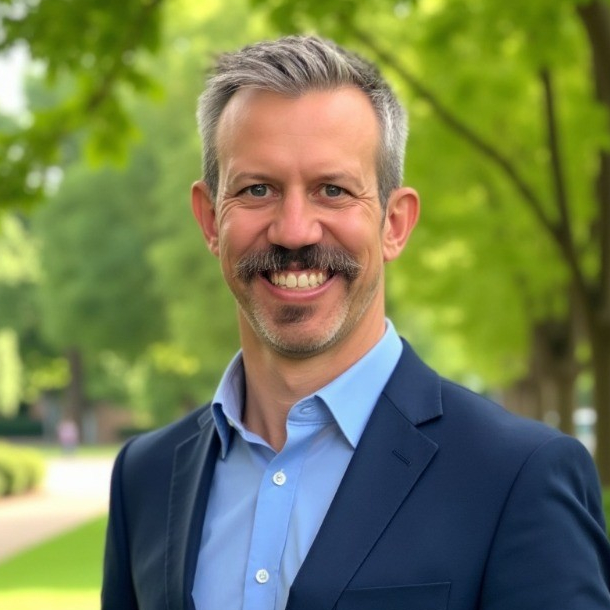
Nick Morriss
Vice President of Business Development
Natura Resources LLC
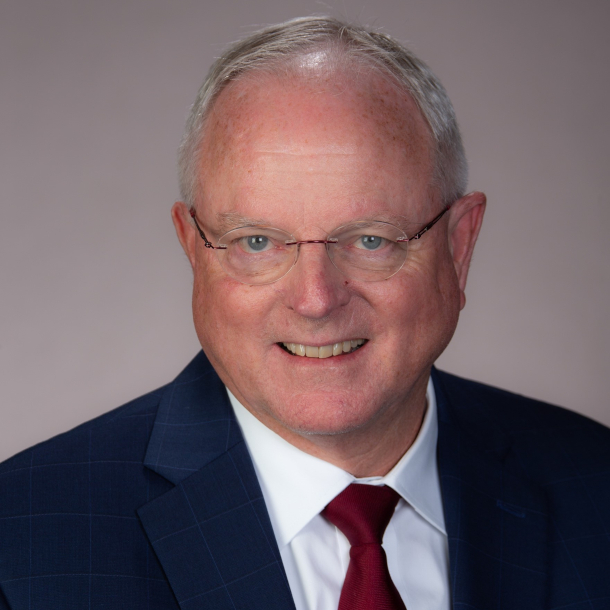
Gerald W. Parker Jr., D.V.M., Ph.D.
Director, Biosecurity and Pandemic Policy Center
Associate Dean for Global One Health
Texas A&M University
His leadership experience includes serving as Commander and Deputy Commander of the U.S. Army Medical Research Institute of Infectious Diseases, Principal Deputy Assistant Secretary for Preparedness and Response at HHS and Deputy Assistant Secretary for Chemical and Biological Defense at DOD.
Dr. Parker has played pivotal roles in coordinating federal responses to major public health emergencies, including the 2009 H1N1 pandemic, Hurricanes Katrina through Alex and the Haiti earthquake. During the COVID-19 pandemic, he rejoined federal service as Senior Advisor to the Assistant Secretary for Preparedness and Response.
Currently, Dr. Parker serves as Director of the Biosecurity and Pandemic Policy Center at the Bush School of Government & Public Service and Associate Dean for Global One Health at the College of Veterinary Medicine & Biomedical Sciences at Texas A&M University. In 2025, he was once again called to federal service on detail from Texas A&M, serving as Special Assistant to the President and Senior Director for Biosecurity and Pandemic Response within the National Security Council.
A respected voice in national policy, Dr. Parker has testified before Congress and served on influential boards, including the Bipartisan Commission on Biodefense, the Defense Science Board Permanent Subcommittee for Threat Reduction and as Chair of the NIH National Science Advisory Board for Biosecurity.
His contributions have earned him numerous honors, including the Distinguished Executive Presidential Rank Award, the Secretary of Defense Medal for Meritorious Civilian Service and the Senator Melcher Leadership in Public Policy Award. Dr. Parker holds degrees from Texas A&M University, Baylor College of Medicine and the Industrial College of the Armed Forces.
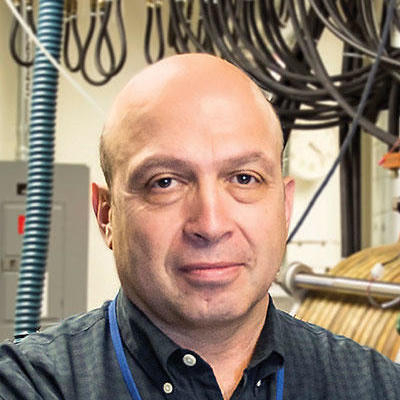
Yevgeny Raitses, Ph.D.
Principal Research Physicist
Princeton Plasma Physics Laboratory
Yevgeny Raitses, Ph.D., is a Principal Research Physicist at the Princeton Plasma Physics Laboratory (PPPL) with expertise in experimental plasma physics. His more than 260 publications are on physics of crossed-field plasma devices, plasma-surface interactions, low temperature plasma and its applications to plasma propulsion for satellites, synthesis and processing of nanomaterials, and plasma diagnostics. Dr. Raitses received his Ph.D. in Aerospace Engineering from Technion-Israel Institute of Technology in 1997. He joined PPPL in 1998. His current research interests include gentle processing of two-dimensional and quantum science materials, advanced plasma propulsion, and plasma diagnostics for semiconductor manufacturing. Dr. Raitses leads several projects and initiatives at PPPL including the DOE-funded Microelectronics Science Research Center project PlasMat2D (https://sites.google.com/pppl.gov/elmic/projects/plasmat2d) and Princeton Collaborative Low Temperature Plasma Research Facility (PCRF, https://pcrf.pppl.gov), advanced plasma propulsion physics (https://htx.pppl.gov), plasma-based nanosynthesis and nanofabrication of materials (https://nano.pppl.gov), including the most recent DOE-Microelectronics Science Research Center project on Plasma-Enabled 2D Materials for Energy-Efficient Microelectronics (PlasMat2D) project (https://www.pppl.gov/news/2024/pppl-leading-two-chips-and-science-act-projects). Dr. Raitses is a Fellow of the American Physical Society and an Associate Fellow of the American Institute of Aeronautics and Astronautics. Among many honors, Dr. Raitses received PPPL’s Kaul Foundation Prize for Excellence in Plasma Physics Research and Technology Development in 2019. He is also PPPL Distinguished Research Fellow since 2024.

Rawand Rasheed, Ph.D.
Chief Executive Officer and Co-Founder
Helix Earth

Michael Stoddard, Ph.D.
Director of Fuel Cycle & Reactor Chemistry
Natura Resources LLC

Cameron Van Der Berg
Chief Executive Officer and Co-Founder
Infravision
Sponsors


